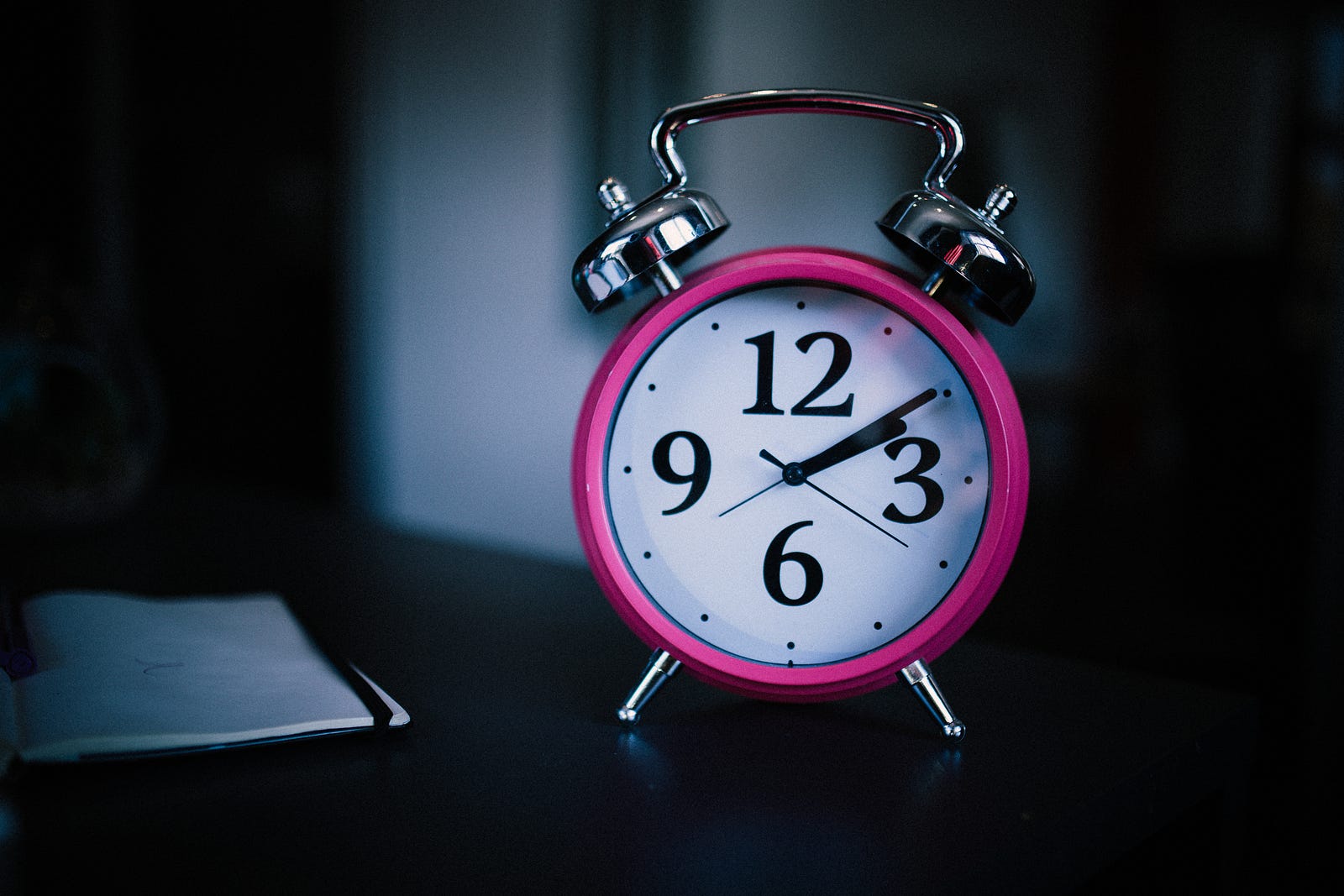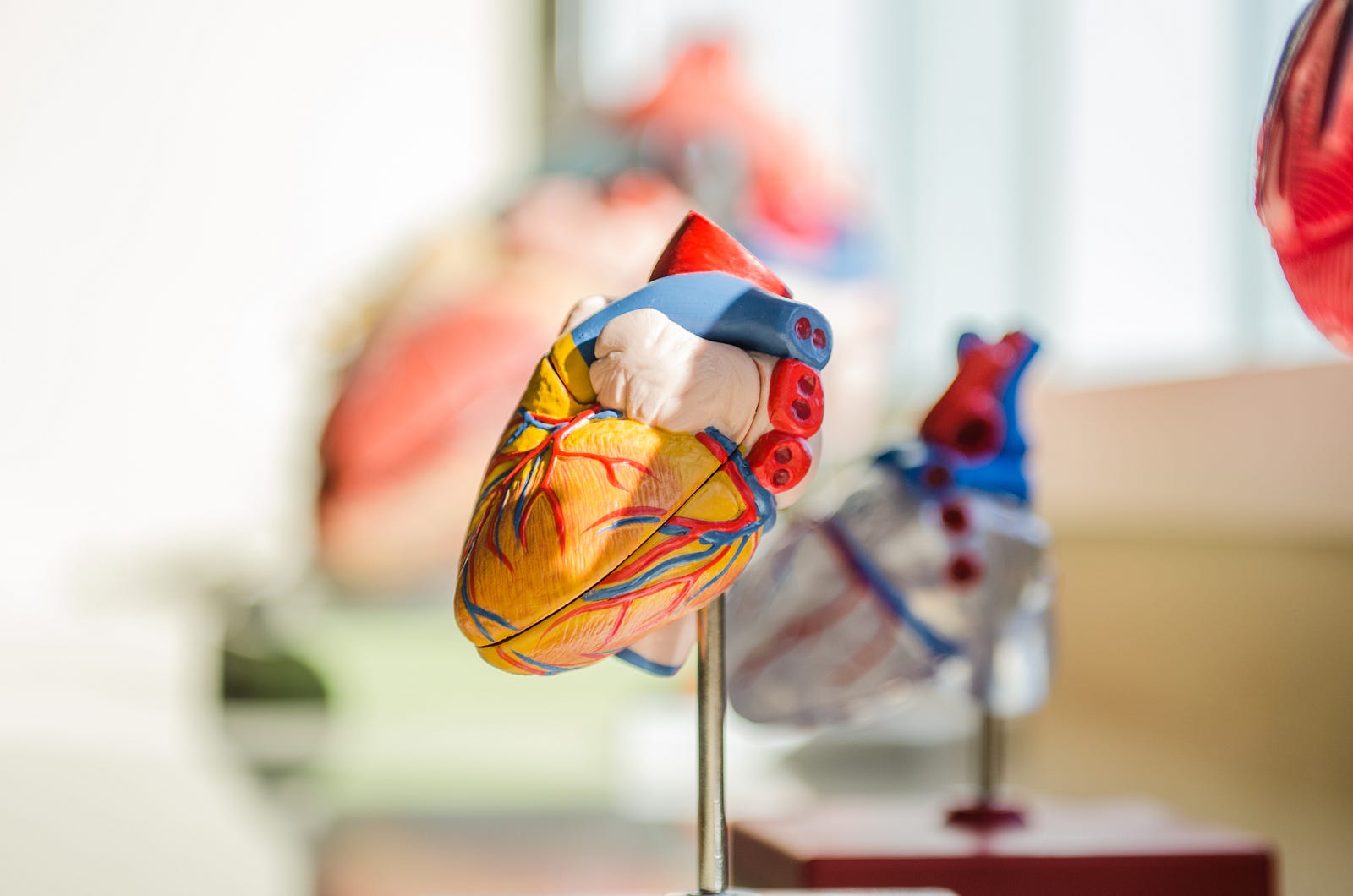SLEEP IS ESSENTIAL FOR YOUR HEALTH. While we often focus on eating a nutritious diet and exercising, we should prioritize sleep, too. Today we look t 3 reasons to sleep well!
While sleep needs vary among individuals, most require seven to nine hours daily. Unfortunately, over one in three adults in the United States doesn’t get sufficient sleep.
Inadequate sleep puts your health and safety in jeopardy. Today we examine five reasons why you should prioritize getting sufficient zzz’s. But first, a bit from my favorite comedian, the late George Carlin:
“People say, ‘I’m going to sleep now,’ as if it were nothing. But it’s a bizarre activity. ‘For the next several hours, while the sun is gone, I will become unconscious, temporarily losing command over everything I know and understand. When the sun returns, I will resume my life.’
If you didn’t know what sleep was and had only seen it in a science fiction movie, you would think it was weird and tell all your friends about the movie you’d seen.
They had these people, you know? And they would walk around all day and be OK? And then, once a day, usually after dark, they lie down on these special platforms and become unconscious. They would stop functioning almost completely, except deep in their minds, they would have adventures and experiences that were impossible in real life. As they lay there, completely vulnerable to their enemies, their only movements were to shift from one position to another occasion, or, if one of the ‘mind adventures’ got too real, they would sit up and scream and be glad they weren’t unconscious anymore. Then they would drink a lot of coffee.’
So, next time you see someone sleeping, make believe you’re in a science fiction movie. And whisper, ‘The creature is regenerating itself.”
― George Carlin, Brain Droppings
3 reasons to focus on sleep

1. Type 2 diabetes
Numerous studies demonstrate an association between chronic sleep deprivation and type 2 diabetes risk. Here’s the evidence: A meta-analysis of 36 studies, including over one million individuals, discovered the following:
Short sleep (under five hours) increased diabetes risk by 1.5 times. The risk was increased by nearly 1.2 times for those sleeping fewer than six hours.
While a good night’s sleep can seem like a luxury for some, insufficient sleep raises the risk for type 2 diabetes. If you already have diabetes, too little sleep can negatively impact your diet, response to insulin, and mental health.
2. Mental health issues
If you want to optimize the health of your central nervous system — your body’s primary information highway — adequate sleep is necessary. Get short sleep, and you interfere with how your body sends and processes information.
During sleep, our brain creates and reinforces communication between nerve cells; insomnia interferes with this process. What does this mean from a practical perspective? You are at a higher risk of car wrecks, diminished coordination, and suffering from negative effects on your emotional state and mental abilities.
Today, I will selectively focus on the relationship between poor sleep quality and depression.
- A population-based study of 2,762 Korean adults notes that those with anxiety and depression appeared likelier to report poorer sleep than those without anxiety or depression. However, we cannot establish a causal relationship: Are those with emotional challenges more likely to suffer from sleep issues? Or is the reverse true?
- A meta-analysis included 34 cohort studies involving 172,077 participants. Insomnia was significantly associated with a 2.3-fold increase in depression risk.
If you have sleep trouble and notice your mental health has worsened, please speak with your healthcare professional.
Sleep and Stroke Risk: Finding the Goldilocks Amount
Both too little and too much sleep are tied to increased stroke risk.medium.com
3. Heart disease
Sleeping fewer than seven hours is associated with a higher risk of high blood pressure and heart disease.
Here’s some proof: An systematic review of 19 studies determined that sleeping fewer than seven hours daily was associated with a 13 percent increase in heart disease death risk; that means a 1.13 times excess risk.
On the other end of the spectrum, long sleep durations (more than nine hours) also appeared to be associated with an increased risk, especially for Asians and elderly individuals.

There is a dose-response relationship. Compared with seven hours of sleep, each one-hour decrease in sleep amount was associated with a six percent increase in the risk of all-cause mortality and heart disease; the less sleep one gets below seven hours, the higher the threat of heart disease and early death.
Short sleep can cause high blood pressure.
Moreover, too little sleep raises the risk of high blood pressure (hypertension), especially if you have sleep apnea. The risk increase can be substantial: A meta-analysis — including nearly 350,000 subjects — found this:
Those getting fewer than five hours had a 1.6 times higher risk of developing hypertension than those who slept seven hours.
There appears to be a U-shaped relationship in the odds of developing hypertension according to sleep duration. Here are the odds radios for hypertension:

The researchers concluded that “excessively longer and shorter periods of sleep may both be risk factors for high blood pressure; these associations are stronger in women than men.”
3 reasons to sleep – My take
Sleep is an essential physiological process that consumes about one-third of our lives. In the context of the accelerated pace of modern living, the average nightly sleep duration is dropping.
National surveys in the U.S. have shown a 1.5- to 2-hour decline in self-reported sleep duration over the past 50 years. Do you have sleep debt?
Lack of sleep is linked to an increased risk of depression, weight gain, heart disease, inflammation, and more. While sleep needs vary by individual, most studies suggest a Goldilocks zone of seven to nine hours each night.
My pillars of health include the following:
- Movement (physical activity such as walking)
- Good diet
- Optimal body weight
- Avoiding tobacco and excess alcohol
- Mindfulness
- Sufficient sleep
Just like you prioritize your diet and physical activity, it’s time to give sleep the attention it deserves.
A final tip: Track your nightly hours of sleep over the next week. If you are getting less than seven hours, try going to bed 30 minutes earlier each day of the following week. This approach worked for me.
If you know someone with breast cancer, here is my comprehensive online course:
Dr. Michael Hunter’s Wellness!
breastcancerbydrhunter.thinkific.com
The information I provided in this blog is for educational purposes only and does not substitute for professional medical advice. Please consult a medical professional or healthcare provider for medical advice, diagnoses, or treatment. I am not liable for risks or issues associated with using or acting upon the information in this blog.
Thank you for reading “3 Reasons to Sleep!”




